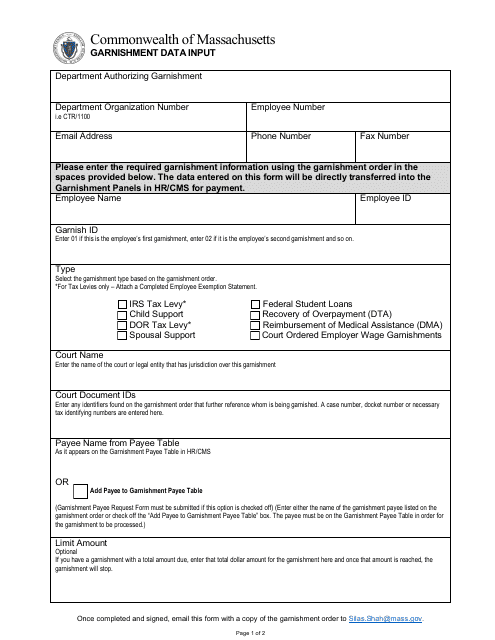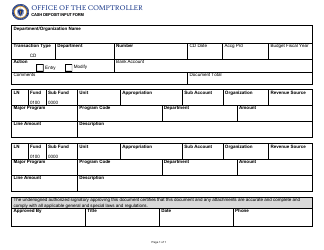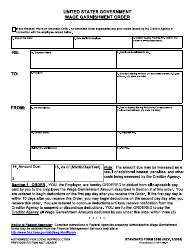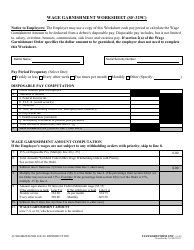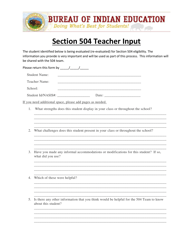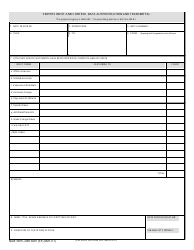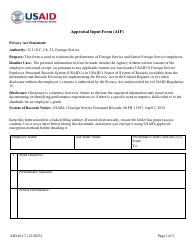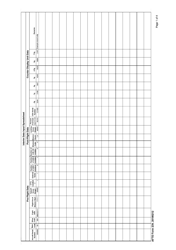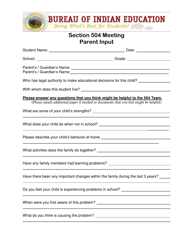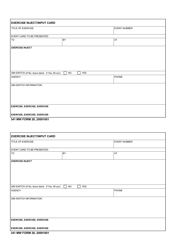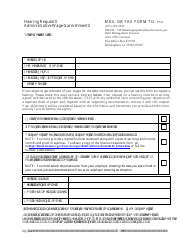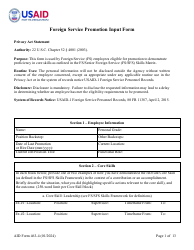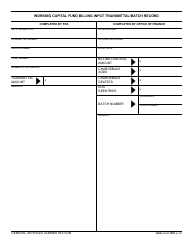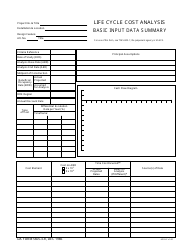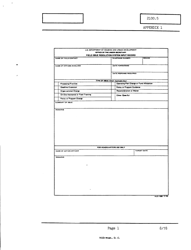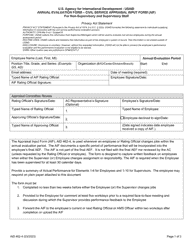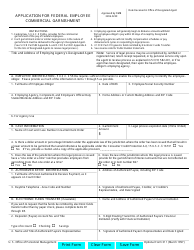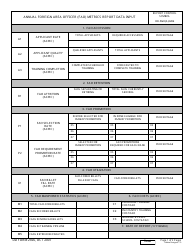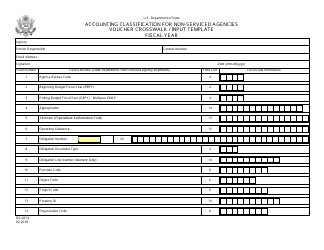Garnishment Data Input - Massachusetts
Garnishment Data Input is a legal document that was released by the Comptroller of the Commonwealth of Massachusetts - a government authority operating within Massachusetts.
FAQ
Q: What is a garnishment?
A: A garnishment is a legal process in which a creditor obtains a court order to collect a debt by taking a portion of a debtor's wages or assets.
Q: Who can garnish wages in Massachusetts?
A: Creditors who have obtained a judgment against a debtor can garnish wages in Massachusetts.
Q: How much of my wages can be garnished in Massachusetts?
A: In Massachusetts, a creditor can only garnish up to 15% of a debtor's disposable earnings or 85% of the debtor's weekly earnings above 30 times the federal minimum wage, whichever is less.
Q: Can all types of debts be garnished in Massachusetts?
A: No, not all types of debts can be garnished in Massachusetts. Certain types of income, such as Social Security benefits and unemployment compensation, are generally exempt from garnishment.
Q: Is there a maximum amount a creditor can garnish in Massachusetts?
A: Yes, there is a maximum amount that a creditor can garnish in Massachusetts. The total amount garnished cannot exceed the amount owed on the judgment, including interest and costs.
Q: Can I stop a wage garnishment in Massachusetts?
A: Yes, you may be able to stop a wage garnishment in Massachusetts. You can try to negotiate a repayment plan with your creditor or seek legal assistance to challenge the garnishment.
Q: What steps should I take if my wages are being garnished in Massachusetts?
A: If your wages are being garnished in Massachusetts, you should review the garnishment order, calculate the correct amount being withheld, and seek assistance from a legal professional if needed.
Q: Are there any exemptions to wage garnishment in Massachusetts?
A: Yes, there are exemptions to wage garnishment in Massachusetts. Some common exemptions include head of household exemption, public assistance exemption, and minimum wage exemption.
Form Details:
- The latest edition currently provided by the Comptroller of the Commonwealth of Massachusetts;
- Ready to use and print;
- Easy to customize;
- Compatible with most PDF-viewing applications;
- Fill out the form in our online filing application.
Download a fillable version of the form by clicking the link below or browse more documents and templates provided by the Comptroller of the Commonwealth of Massachusetts.
